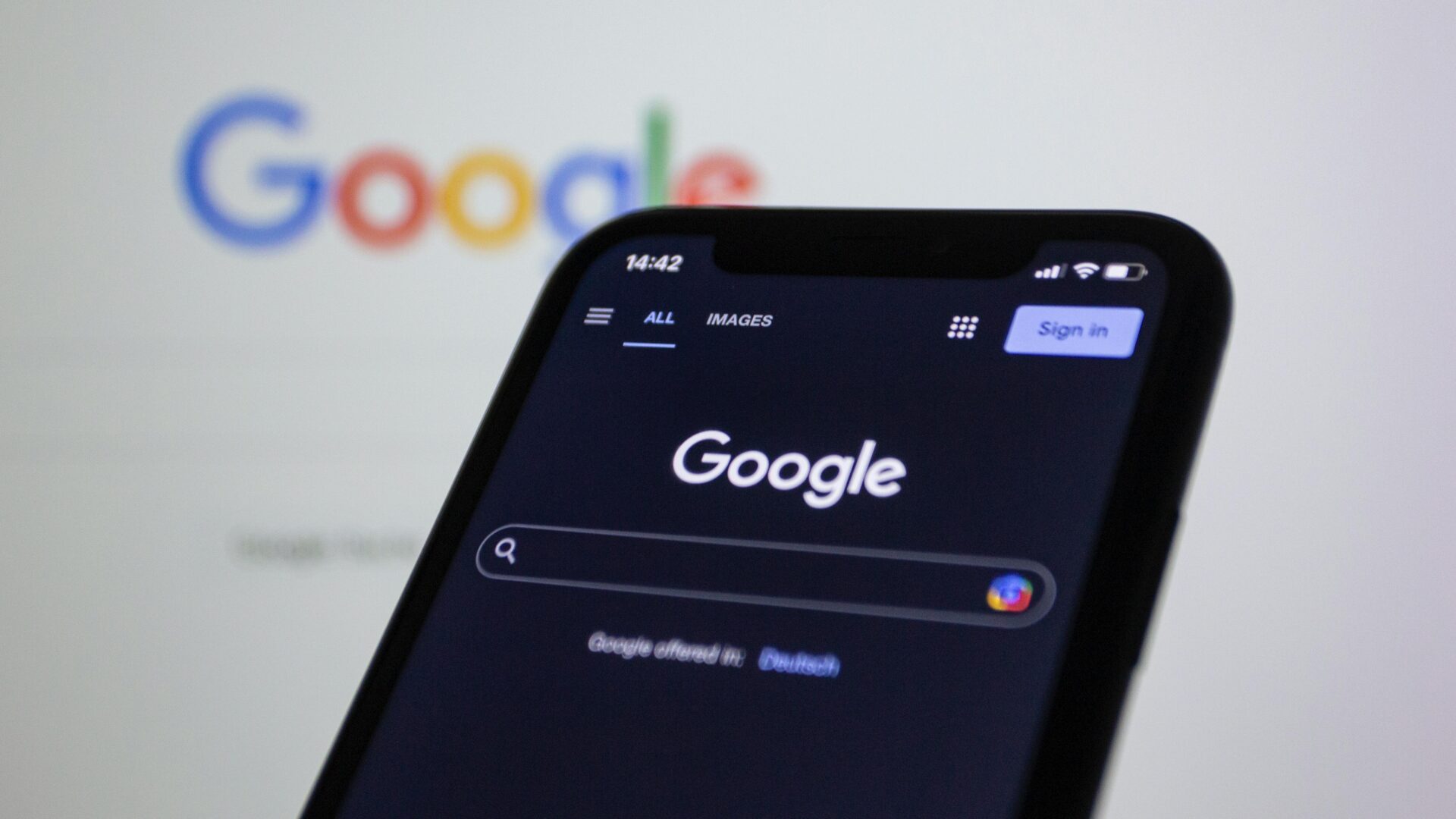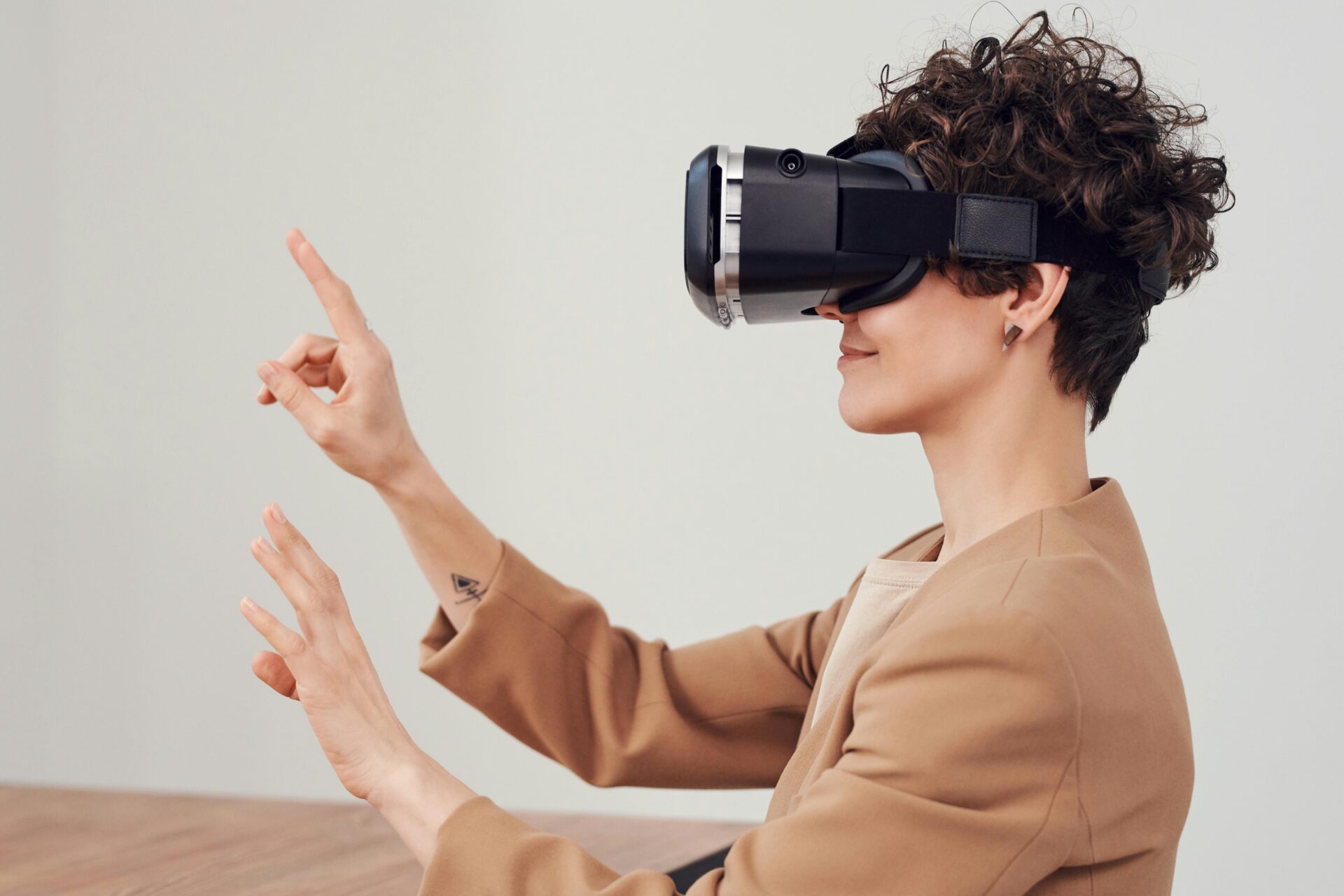6 Controversial and Unpopular Paid Media Opinions
Written by Lee MacNicol, Paid Media Manager
Today we are diving into the world of paid advertising to explore some of the controversial or unpopular opinions that are currently igniting the paid media world.
While digital marketing is vast and ever-evolving, it’s not uncommon for industry experts to have differing viewpoints on various strategies and platforms.
Here at Tag Digital, we have a variety of experts across all aspects of marketing so we thought it would be fun to know some unpopular opinions held among the team.
We’ve redacted the names of these people to protect their identity and prevent any angry messages in their LinkedIn DMs!
1. Google search will stop being the best performing performance marketing channel in the next 5 years
With 5.9 million Google searches occurring every minute, it’s no secret that Google Search has long been hailed as the holy grail of performance marketing channels.
However, some of our team have the eyebrow-raising opinion that its reign may soon come to an end.
This, of course, split opinions and had the paid media team up in arms and ready to defend their baby. But let’s look at it from a more objective angle.

While this may sound like a bold statement, it’s essential to consider the ever-changing landscape of technology and consumer behaviour.
With the rise of artificial intelligence, augmented reality, virtual reality, voice search and other mind blowing technology, there is a massive shift in how people consume content.
Furthermore, short form video content from apps (such as TikTok) means that users are seeing more videos in less time than ever before.
It’s reported that, in 2023, TikTok had a user base of 1.7b. For marketers, this means it is imperative to capture the user’s attention within milliseconds.
As new platforms and technologies emerge, the dynamics of digital advertising inevitably shift. Could Google Search really lose its crown within the next five years?
Only time will tell, but it’s certainly a thought-provoking notion to ponder.
2. Video campaigns can get a lower CPA than Search
In a world where video content reigns supreme, it’s no surprise that some believe video campaigns have the potential to achieve a lower Cost Per Acquisition (CPA) compared to traditional search advertising.
With the right strategies and execution, video ads can captivate audiences in ways that text-based ads simply can’t.
It is worth noting however, that it’s not as simple as saying “I have a video ad, now I will achieve a lower CPA”.
In YouTube alone, there are 6 ad types to choose from and these all depend on your objectives.
For example, if you want to raise awareness of your brand then you can choose from Skippable In-Stream, Non-skippable, Bumper and Masthead ads.
Find out more in our blog, 5 Key Video Ad Formats Event Marketers Are Using Right Now on YouTube.
That’s before you’ve even selected your audience which can be based on demographics, affinity (groups who have a strong interest) and custom data.
By harnessing the power of sight, sound, and motion, marketers can craft compelling narratives that drive conversions at a lower cost.
It’s a testament to the versatility and effectiveness of video advertising when wielded with expertise.
3. TikTok is going to kill Google Search
Another attack on the Googlers!
This opinion certainly raises eyebrows and makes the Paid Media team even more upset. At this point there are Googlers’ tears falling…

The idea that TikTok, a platform primarily known for short-form video content and dance challenges, could overthrow Google Search is undeniably bold.
While TikTok has seen explosive growth and captured the attention of younger demographics, it’s unlikely to replace the fundamental utility of Google Search in the near future.
However, it’s a testament to the disruptive potential of emerging platforms in reshaping the digital landscape.
Furthermore, there are whispers in the world of marketing suggesting that these two powerhouses are in discussion about potentially partnering up. Now that’s something we would all like to see!
4. Google Display banners are better than Responsive Display Ads
In the ongoing debate between display banners and Responsive Display Ads (RDA), opinions are divided within our team.
Some argue that traditional display banners offer greater control and customisation, leading to better performance outcomes.
While RDAs boast automation and adaptability, there’s something to be said for the precision and creativity afforded by static banners.
It’s a nuanced discussion that highlights the importance of considering various factors, including audience targeting, campaign objectives, and creative assets.
5. Broad Match keywords should not be used
In the realm of keyword targeting, opinions vary widely, particularly when it comes to the use of broad match keywords.
While some advocate for the broad reach and potential discovery afforded by this approach, others caution against the risk of irrelevant clicks and wasted ad spend.
It’s a balancing act between casting a wide net and honing in on specific intent signals.
Plus, there’s nothing more frustrating than optimising a campaign and being told in the recommendations to switch to Broad Match to achieve better results… Every. Single. Day.
Ultimately, the effectiveness of broad match keywords depends on careful monitoring, optimisation, and alignment with overall campaign goals.
6. Sometimes manual bidding is the best way to go
In an era dominated by automation and machine learning algorithms, the notion of manual bidding may seem antiquated to some.
However, our team members assert that there are instances where manual bidding reigns supreme.
Whether it’s for fine-tuning campaign performance, capitalising on market fluctuations, or maintaining tight budget controls, manual bidding offers a level of precision and strategic flexibility that automated bidding strategies may lack.
It’s a reminder that while technology continues to advance, human expertise remains an invaluable asset.
Marketers must ensure that they are up to date with this rapidly moving world and work together to stay on top of all the new and exciting innovations and updates.

Conclusion
In conclusion, the realm of paid advertising is rife with diverse opinions and predictions, as evidenced by the insights shared by our team members.
While some of these viewpoints may seem controversial or unpopular at first glance, they serve as valuable prompts for critical thinking and discussion within the marketing community.
It also shows the exciting times we have ahead of us; experts are able to discuss and debate where paid advertising is heading and with new innovations, like the rise of AI, it’s only the beginning.
That’s the beauty of digital marketing.
As the digital landscape continues to evolve, it’s essential to remain open-minded, adaptable, and informed to successfully navigate digital marketing.









